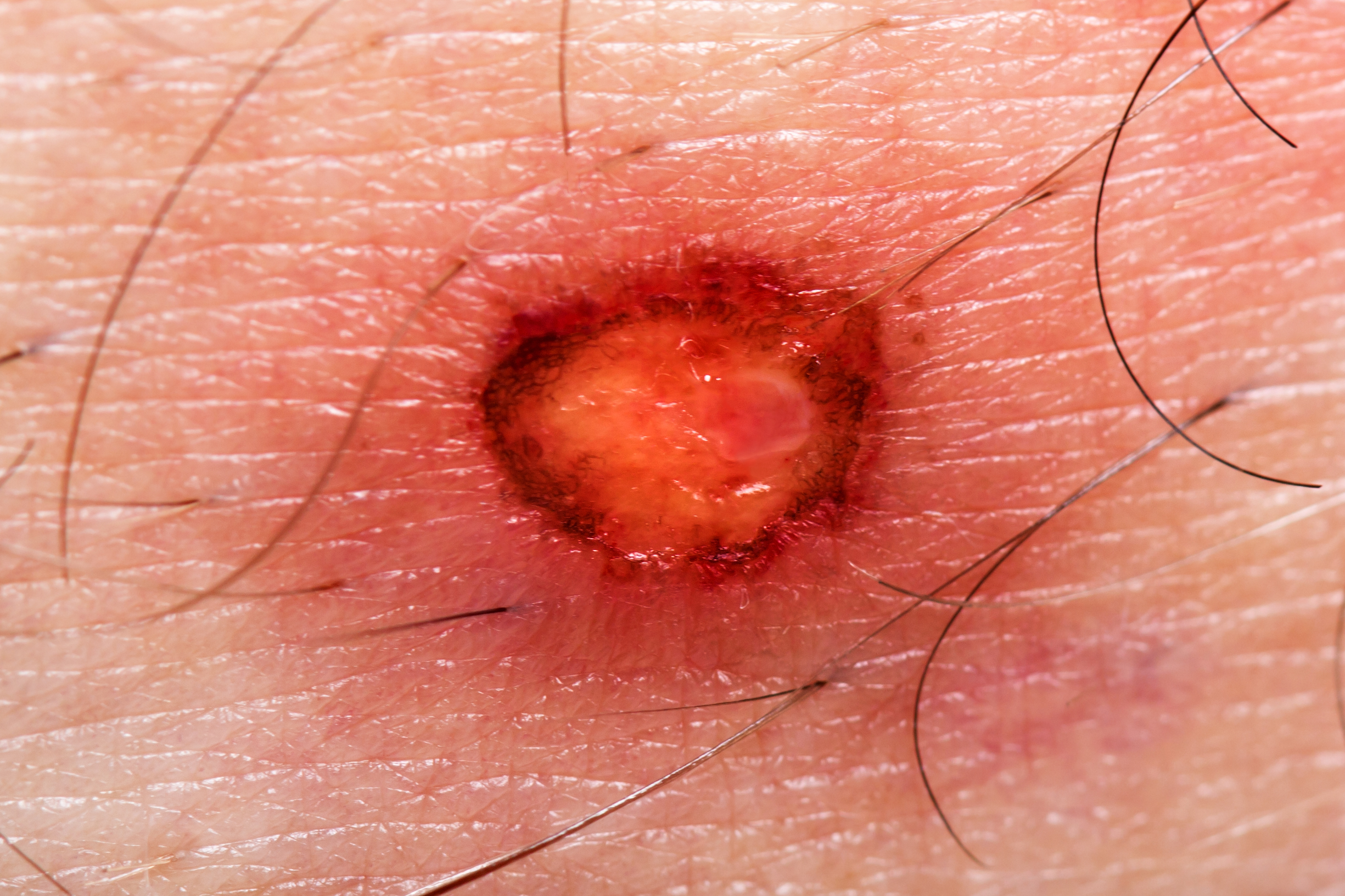 Caring for a chronic wound on your own may sound simple, but there are many factors that can go into the healing process that you may not realize. As a result, it’s typically a good idea to have your wound examined and treated by our wound care specialist. These days, many wound care specialists use a process known as D.O.M.I.N.A.T.E. to treat chronic wounds and help them to heal. Below are potential steps in the D.O.M.I.N.A.T.E. process:
Caring for a chronic wound on your own may sound simple, but there are many factors that can go into the healing process that you may not realize. As a result, it’s typically a good idea to have your wound examined and treated by our wound care specialist. These days, many wound care specialists use a process known as D.O.M.I.N.A.T.E. to treat chronic wounds and help them to heal. Below are potential steps in the D.O.M.I.N.A.T.E. process:
Debridement
Debridement is a medical procedure that involves removing dead tissue that may be causing the wound’s healing to become stalled. This tissue can also possibly collect bacteria, which could lead to an infected wound and produce a lot of painful inflammation. Once the nonviable tissue is removed surgically, the wound has a better chance to heal naturally and become acute.
Offloading
The offloading step is used to remove pressure, both internally and externally, from the wound. This may be done by using medical orthotic-type devices, or it may be done through recommended lifestyle changes.
Moisture
Having the right balance of moisture on a wound can greatly affect the way it heals. Having a wound remain too wet or too dry can cause it to get worse or remain beyond the normal healing timeline. Our wound care specialist, Dr. Reza Mobarak, can provide you with information regarding the right amount of moisture for your specific wound.
Malignancy
A wound that has been around for over three months often has the possibility to become malignant. When this happens, surrounding tissue can be affected. Dr. Mobarak can check for malignancy and offer options to repair damage.
Medications
For many wounds, medications that are either topical or oral, can help in the healing process. Before taking anything, it’s always best to resort to a professional to provide you with the most accurate information related to your unique situation.
Infection
One of the biggest concerns when it comes to wounds are infections. Infections that are not treated early can become a major health concern.
Nutrition
Proper nutrition is also an important part in the healing process. Our wound care specialist can provide you with nutrition information to help you make healthy dietary decisions.
Arterial Health
Patients suffering from arterial insufficiency are also more likely to have complications in the wound healing process because of a lack of oxygen to the affected area. This situation is often encountered in wounds such as deep diabetic, pressure, and arterial ulcers. If this is the case, your wound care specialist can offer solutions to help you deal with these issues.
Technology
Some wounds respond to technological advancements, such as hyperbaric chambers or cell therapy. Depending on your case, you may find that using medical technology can help heal your chronic wound.
Edema
Venous insufficiency is also a concern in the wound healing process.
Chronic wound care is complex so don’t try to go it alone. If you have a wound that won’t heal in the Plano, TX region, contact the medical professionals at the DFW Wound Care Center. There, you’ll receive a full exam and get treatment options.
To schedule your appointment with the DFW Wound Care Center in Plano, TX, call 972-665-6292.
Contact us
Schedule an appointment
with our specialists by contacting us or calling our:
